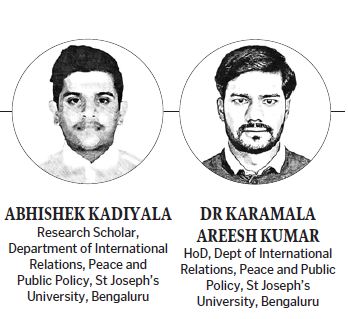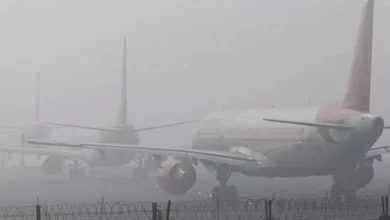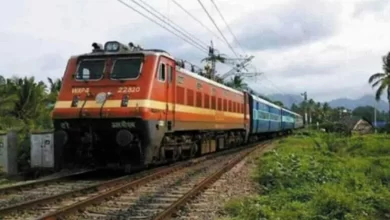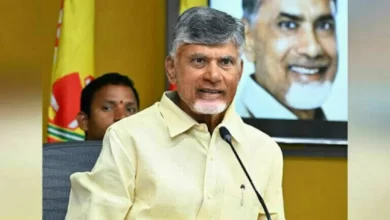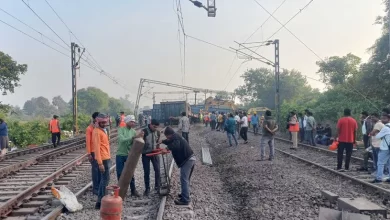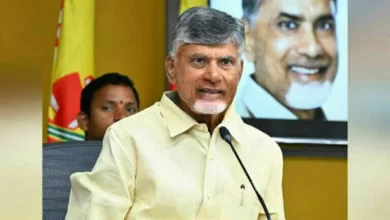Opinion: India deserves UNSC seat

With rising security concerns, conflict, and an overall increase in the number of powers in this multipolar order, the use of veto requires amends

By Abhishek Kadiyala, Dr Karamala Areesh Kumar
The mid-1940s saw the birth of two extraordinary phenomena in international politics. The first was an organisation that pledged to prevent the world from war and provide a platform for all nations, big and small alike, to improve relations and conduct diplomacy. The other was a nation-state of a civilisation that can be traced back tens of thousands of years in human history. Made out of diverse groups, robbed and looted by Empires of all kinds, this civilisation, for the first time in modern history, manifested into a single state.
The organisation went on to be called the United Nations Organisation (UNO) – a conference of nation-states that began as an alliance against the Nazi onslaught on the people of Europe in the early 40s. The nation-states were called the union of India, which was, in effect, a union of Colonial territories on the Indian subcontinents and various States.
Biggest Experiments
However, when both these phenomena emerged, there was scepticism about their practicality. One set on to bring different nations with opposing and cross-cutting interests on a single platform to negotiate, an experiment that was seen as a failure not long ago in the form of the League of Nations. The other was a never-before-seen experiment of democracy in the largest landmass in history, made out of diverse people with different ethnic, religious, cultural and linguistic backgrounds and deep-rooted social conflicts.
The UNO and the Indian union saw their successes and stand tall today despite many drawbacks. Moreover, in these 75 years, these phenomena proved an essential point for the larger international systems. The fact is that a wide variety of people with conflicts, differences and diversity of thoughts can coexist, protected by certain principles of peaceful dispute resolution, harmony and democracy.
Despite its failure to prevent armed conflicts in various situations ranging from Korea and Vietnam to Rwanda and Yugoslavia, the United Nations has retained its core mission. Cold War can be considered a vital example of this success. Today, this core mission has branched into various facets of society ranging from energy security, cybersecurity and environmental security to the long-term impacts of globalisation and neo-colonialism.
Security Council
One institution within the United Nations that has the authority to create the most significant impact is the UN Security Council (UNSC). Through its limited number of elected members, the broad and legally binding nature of its resolutions and the power to unilaterally take military action in times of need, the UNSC is often considered the single most potent international institution in the world.
The UNSC initially consisted of the US, the UK and the USSR as its permanent members. It was later joined by France and the Democratic Republic of China. These states were the victorious ones after the end of the Second World War, and owning to the grave economic, military and socio-political burden of the war, remained the only states with enough power and influence to have a sizeable impact on world affairs.
Given the robust nature of these states, it was widely believed that they should never oppose each other directly in any conflict and not intervene in each other’s areas of interest. Thus the veto power came into existence, which meant that even if one of these five powers disagreed with the stance of the council, then that decision could unilaterally be stopped.
However, the intervention of politics in the resolution of security-related issues has hampered the core goal of the UNSC, where members use their veto in support of their allies, leading to situations of continued violence, ethnic cleansing, genocide, etc – from the USSR’s use of veto during the conflicts of Korea to the French and British veto on the questions of Palestine in the initial days, and today’s blatant use of the veto by Russia and China concerning the UNSC action in the ongoing Russia-Ukraine conflict.
But with the growing scope of security concerns, conflict and an overall increase in the number of powers in this multipolar order, this use of veto requires amends.
One cannot, however, remove these veto powers in totality as this will lead to a loss of incentive for the big powers to participate in the process, as seen in the League of Nations. One cannot also approach this problem slowly and steadily as the UNSC reforms are already over 40 years late. It’s important to note that the overall relevance and impact of UNSC resolutions remain under constant threat with every passing day without these reforms. On the other hand, one solution for this can be an increase in the number of veto powers and including India in its fold as one such member, as proposed by the G-4 members.
Case for India
Being the world’s largest democracy, India with over 17% of the world population is represented by elected leaders and bound by the rule of law and strong state institutions. Due to its geopolitical advantage, India acts as a bridge between Central Asia and the Middle East, connecting it with the Indian Ocean and Southeast Asian markets. It plays a dominating role in the Indian Ocean, which is the hub for over 80% of the world’s trade. It also hosts one of the largest militaries in the world that has served in five major wars and is one of the few nuclear-armed States in the world.
Recently, India entered also into various security alliances, such as the Quad, which has helped improve its geostrategic presence in the large scheme of international politics. Given all these factors, even according to the traditional UNSC standards of ‘not leaving out a big power’, India qualifies as a considerable power that deserves to be part of the veto powers.
India’s journey began in the same period as that of the UN with similar challenges. Both put their trust in the institutions’ peaceful co-existence, respect for the concept of unity in diversity and the democratic process of peaceful conflict resolution. It’s only natural that the UN and India unite and enhance each other’s mission.
Granting India the veto power will be the most crucial event in this relationship between India and the UN. This will also stand as a testimony to the UN’s continued relevance in the ever-changing international order and its willingness to adapt according to the needs of today’s world.
When India speaks, over 17% of the world speaks. When India moves, it impacts that larger geopolitical landscape across the Middle, Central, Eastern and South Eastern Asian regions, not to mention the Indian Ocean. And when India is left out, a large section of the world population that includes not only India but also its allies in the world at large is being denied a voice.
This, if not today, then someday will result in security outcasting of big powers that, in the past, brought down the league and in the future can bring down the UNO as well, making it irrelevant to the ever-changing world of today where the standards of Second World War no longer apply.
